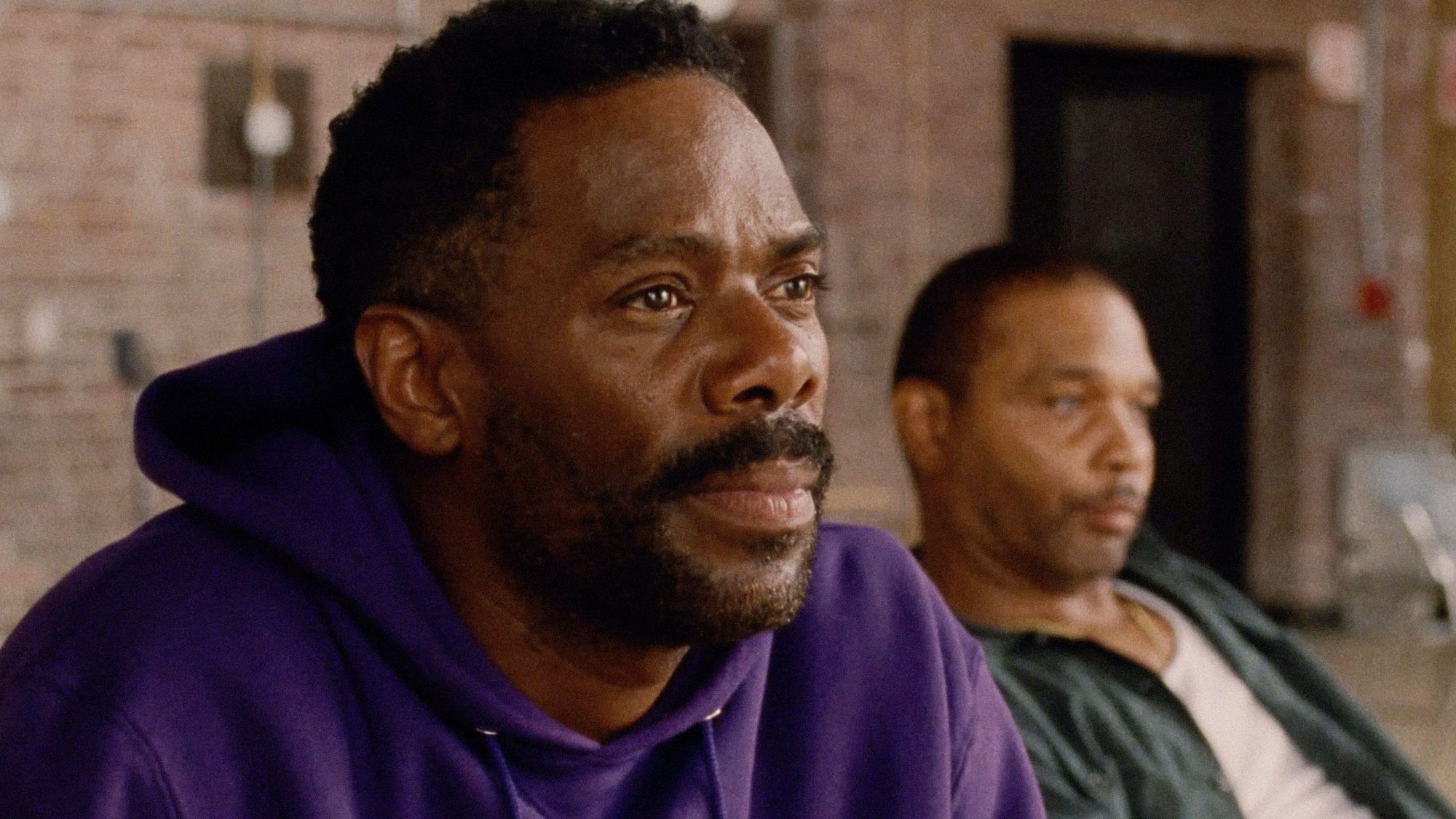Go Set A Watchman reviews: what the critics are saying
Harper Lee's To Kill A Mockingbird 'sequel' still seems like a work in progress, say first reviews
A free daily email with the biggest news stories of the day – and the best features from TheWeek.com
You are now subscribed
Your newsletter sign-up was successful
Is Go Set A Watchman truly a 'new' story, or merely an uneven first draft for one of the great American novels? Critics are as divided over the literary merits of Go Set A Watchman, Harper Lee's companion novel to To Kill A Mockingbird, as they are about the problematic history of its publication.
Go Set A Watchman was a young Lee's first attempt at a novel, shelved after editor Tay Hohoff suggested she concentrate instead on her heroine's childhood – the idea which would go on to become To Kill A Mockingbird, published in 1960.
Watchman instead follows an adult Scout Finch as she leaves behind a life in New York to rediscover her hometown of Maycomb, Alabama. Twenty years after the events depicted in To Kill A Mockingbird, she is quickly disillusioned by the racial tension and bigotry rife among the town's residents – not least her own father.
The Week
Escape your echo chamber. Get the facts behind the news, plus analysis from multiple perspectives.

Sign up for The Week's Free Newsletters
From our morning news briefing to a weekly Good News Newsletter, get the best of The Week delivered directly to your inbox.
From our morning news briefing to a weekly Good News Newsletter, get the best of The Week delivered directly to your inbox.
The initial critical consensus appears to be that the 'new' novel is more interesting as an insight into Lee's later masterpiece than as a work of literature in itself. While The Bookseller concludes that Go Set a Watchman "can only be taken as a first draft of what would become To Kill a Mockingbird", it nonetheless finds plenty to enjoy in its "humour, humanity and lovely turns of phrase".
Gaby Wood in the Daily Telegraph agrees that Watchman is more of a draft for things to come than a standalone novel. "It feels like a sequel," she says. "But really, it's more like a ghost: the spectre of Lee's restless, ardent thoughts in progress." This results in a less polished narrative style, Wood writes, including "several passages of undigested shouting".
The Guardian praises Lee's passages of "modernist linguistic playfulness", as well as the portrayal of Scout's "proto-feminist" resistance to conventionality. Ultimately, however, "if the text now published had been the one released in 1960, it would almost certainly not have achieved the same greatness."
The most stunning revelation to emerge from the new novel is Atticus Finch's transformation from crusading and compassionate lawyer to an arthritic bigot who rails against the end of racial segregation.
A free daily email with the biggest news stories of the day – and the best features from TheWeek.com
"The depiction of Atticus in 'Watchman' makes for disturbing reading," says the New York Times, arguing that no sufficient explanation is given for the liberal hero's descent into small-minded prejudice.
Not so, says the Washington Post, praising the unexpected character development. In puncturing Scout's childhood idolisation of her father, Lee challenges the reader to see Atticus "not merely as a hero, a god, but as a flesh-and-blood man with shortcomings and moral failings".
Other critics have expressed discomfort over the sudden appearance of the novel, which was allegedly discovered in manuscript form by Lee's lawyer shortly after the death of the author's sister, Alice, who long managed her affairs.
Rumours suggest that Lee, now 89 and partially blind and deaf, is no longer mentally competent enough to have consented to the book's publication. Although the Chicago Tribune's Julia Keller sees Watchman as a powerful and uncannily relevant meditation on American racism, she also acknowledges the "tangled and unpleasant circumstances" surrounding its publication.
In the past, Lee made it clear that she didn't intend to publish a follow-up to her Pulitzer Prizewinner. "One, I wouldn't go through the pressure and publicity I went through with To Kill a Mockingbird for any amount of money," the reclusive Lee is said to have told a close friend. "Second, I have said what I wanted to say and I will not say it again."
-
 Political cartoons for February 21
Political cartoons for February 21Cartoons Saturday’s political cartoons include consequences, secrets, and more
-
 Crisis in Cuba: a ‘golden opportunity’ for Washington?
Crisis in Cuba: a ‘golden opportunity’ for Washington?Talking Point The Trump administration is applying the pressure, and with Latin America swinging to the right, Havana is becoming more ‘politically isolated’
-
 5 thoroughly redacted cartoons about Pam Bondi protecting predators
5 thoroughly redacted cartoons about Pam Bondi protecting predatorsCartoons Artists take on the real victim, types of protection, and more
-
 Friendship: 'bromance' comedy starring Paul Rudd and Tim Robinson
Friendship: 'bromance' comedy starring Paul Rudd and Tim RobinsonThe Week Recommends 'Lampooning and embracing' middle-aged male loneliness, this film is 'enjoyable and funny'
-
 The Count of Monte Cristo review: 'indecently spectacular' adaptation
The Count of Monte Cristo review: 'indecently spectacular' adaptationThe Week Recommends Dumas's classic 19th-century novel is once again given new life in this 'fast-moving' film
-
 Death of England: Closing Time review – 'bold, brash reflection on racism'
Death of England: Closing Time review – 'bold, brash reflection on racism'The Week Recommends The final part of this trilogy deftly explores rising political tensions across the country
-
 Sing Sing review: prison drama bursts with 'charm, energy and optimism'
Sing Sing review: prison drama bursts with 'charm, energy and optimism'The Week Recommends Colman Domingo plays a real-life prisoner in a performance likely to be an Oscars shoo-in
-
 Kaos review: comic retelling of Greek mythology starring Jeff Goldblum
Kaos review: comic retelling of Greek mythology starring Jeff GoldblumThe Week Recommends The new series captures audiences as it 'never takes itself too seriously'
-
 Blink Twice review: a 'stylish and savage' black comedy thriller
Blink Twice review: a 'stylish and savage' black comedy thrillerThe Week Recommends Channing Tatum and Naomi Ackie stun in this film on the hedonistic rich directed by Zoë Kravitz
-
 Shifters review: 'beautiful' new romantic comedy offers 'bittersweet tenderness'
Shifters review: 'beautiful' new romantic comedy offers 'bittersweet tenderness'The Week Recommends The 'inventive, emotionally astute writing' leaves audiences gripped throughout
-
 How to do F1: British Grand Prix 2025
How to do F1: British Grand Prix 2025The Week Recommends One of the biggest events of the motorsports calendar is back and better than ever